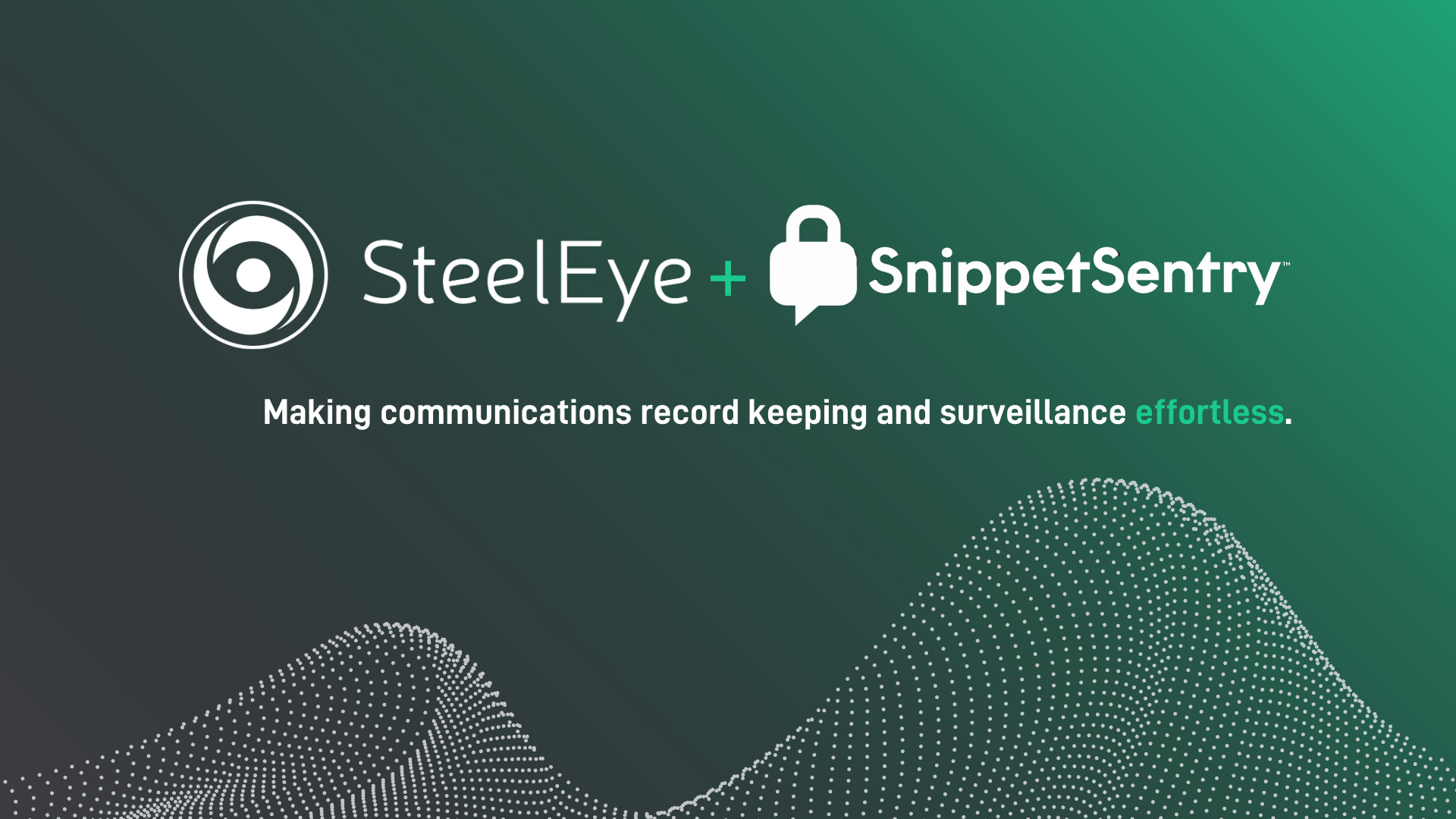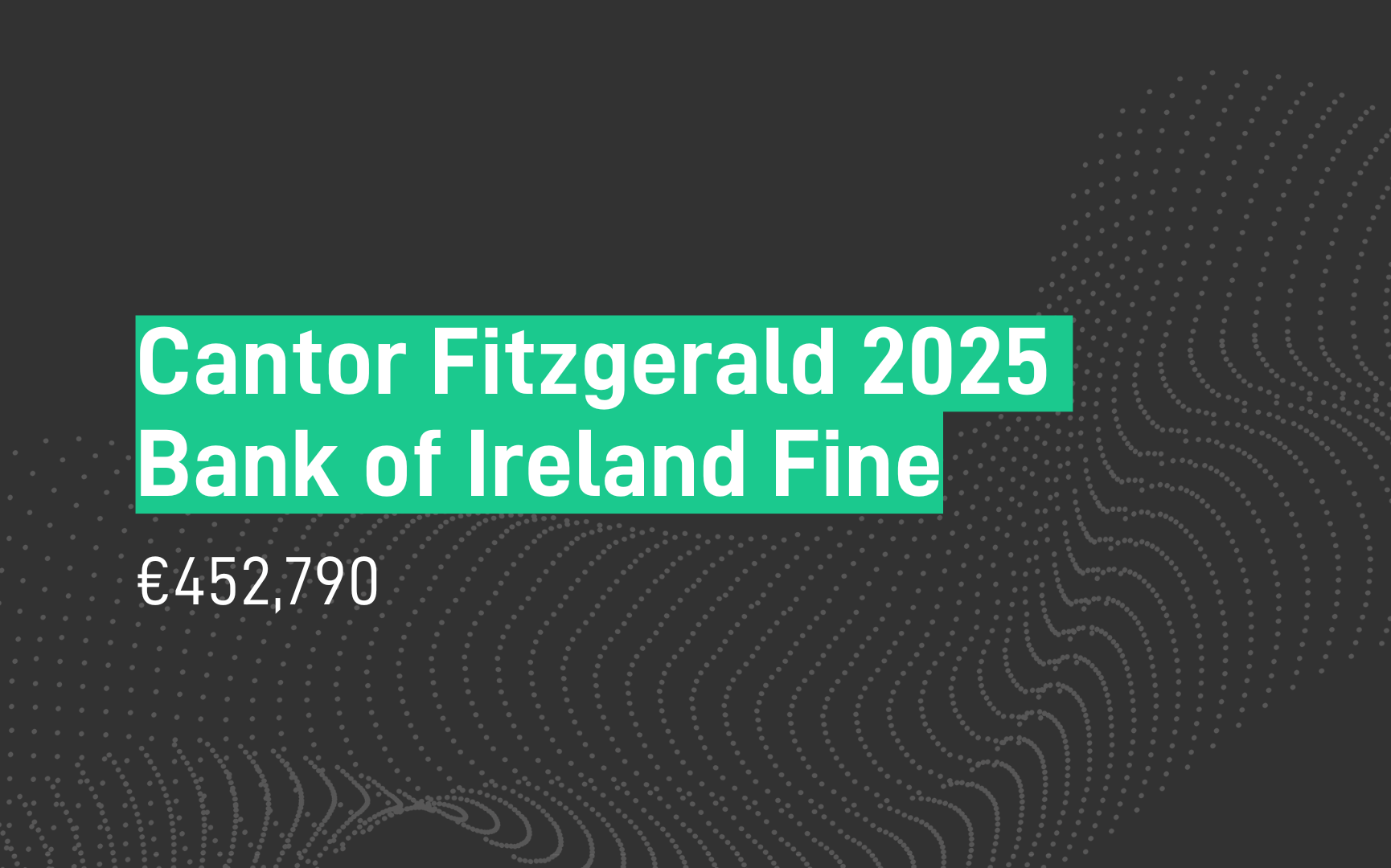Over the past years, AI has really come into focus within FinTech, RegTech and compliance. But has it been trending simply because of the word's popularity or are we seeing genuine innovation and application of AI in this space? The answer, we believe, is two-fold. The AI term is in many cases being used for its prominence, but there has also been considerable growth in AI compliance technology. We look at three examples in this article.
Within the FinTech/RegTech industry, machine learning is often treated as a new concept, but it has been a prominent technology within other industries for decades. Looking at examples where AI is now widely being developed, we have seen significant financial investment and progress in industries such as;
-
Medicine, where AI is used in apps and programmes, such as NHS’s GP at hand, to recognise symptoms and recommend potential courses of action, as well as to understand and flag the misuse of repeat prescriptions.
-
Transportation, where we have seen significant leaps in technology and wide application of AI in areas like self-driving cars and performance analytics. This has also spilled into insurance, feeding the sector with data that has been learnt from black boxes recording our every move.
-
Recruitment, where a more recent application of AI is being used to reduce the human bias when hiring. Take for example HeadStart which has just raised £7m for its recruitment platform that uses AI to consider things like the demographic of where a candidate grew up to measure the weight of their social achievements and fit with a particular role. This use ultimately removes the requirement of a diversity measurement - only selecting candidates based on the specific success criteria best suited for the role.
Within compliance, we are certainly beginning to see great AI innovation in line with the above examples. However, since the word is often used to attract attention, it can be difficult to keep up with the genuine opportunities in this space and how this technology is evolving. We have therefore highlighted three applications we believe everyone should be aware of when looking into AI in this sector, namely: Natural Language Processing (NLP), regulation and behavioural analytics.
NLP is a great example of how AI is improving the detection and compliance monitoring of misconduct and market abuse. NLP is helping significantly with speech recognition and content analysis, improving the efficiency with which voice files can transcribed, translated and ultimately understood. Because of the everyday opportunities and deep data available, the ‘machine learning’ aspect of this technology is constantly growing and evolving, making it truly revolutionary for this space. If we look to regulations like the Market Abuse Regulation (MAR) and the requirement for proactive monitoring, the benefits of NLP are clear in terms of surveying beyond just trading activity. NLP offers investigative techniques which can analyse sentiment, tone and intent based on details found within the voice file. Voice biometrics are already being used to identify a caller associated to a particular phone number, and to subsequently be able to alert a compliance officer of any abnormal activity associated with either the number or the user.
Regulation is another area where AI has shown great potential. Regulatory obligations are evolving and growing constantly, and it is estimated that there will be over 300 million lines of regulation by 2020. Reading, interpreting and understanding these large and complex legal texts has therefore become a significant undertaking for firms requiring a considerable resource investment. Imagine instead if a machine had the ability to read, digest and interpret this information for you directly from the source, be that ESMA or a local National Competent Authority (NCA) such as the FCA. We have started to see companies integrating this type of legislative technology to assist where there is a lack of expertise or resources and to speed up knowledge transfer and understanding of requirements. Technology advancements are moving quickly and we will soon see this technology being widely adopted into many systems and applications as a norm. Tie this in with an understanding of data linage and we can start, not only recommending changes, but also track underlying system capabilities and the impact that specific regulatory changes might have.
Behavioural analytics within compliance is slowly but surely becoming more acceptable. Traditionally we have analysed behaviours within the individual and siloed systems where certain bits of data live. However, through the requirement to store trading, order and communications data for record keeping purposes as imposed by various regulations, we are now beginning to see a shift towards holistic platforms and data stores. By merging data from different asset classes, regions and data sets, we can use AI to find those preverbal needles in haystacks. Data is working smarter, informing compliance officers to exposure and risk using multi-factor indicators, helping us predict where activity might take place, before it does. The data also helps us to understand performance, of not only our employees and trading activity, but also of our clients, offering up opportunities to see hidden pockets of scope for new business.
The ability for AI to help with compliance is unquestionable. It can replicate human intelligence to complete tasks quicker, more accurately and with less judgement. If we consider this within fields like market abuse detection, imagine how powerful this could be in terms of sifting through vast amounts of data, identifying anomalies and thereafter learning what those anomalies look like to identify future occurrences of the same offences. Use this type of data in peer to peer analysis and it will revolutionise the way compliance is conducted and reviewed.








